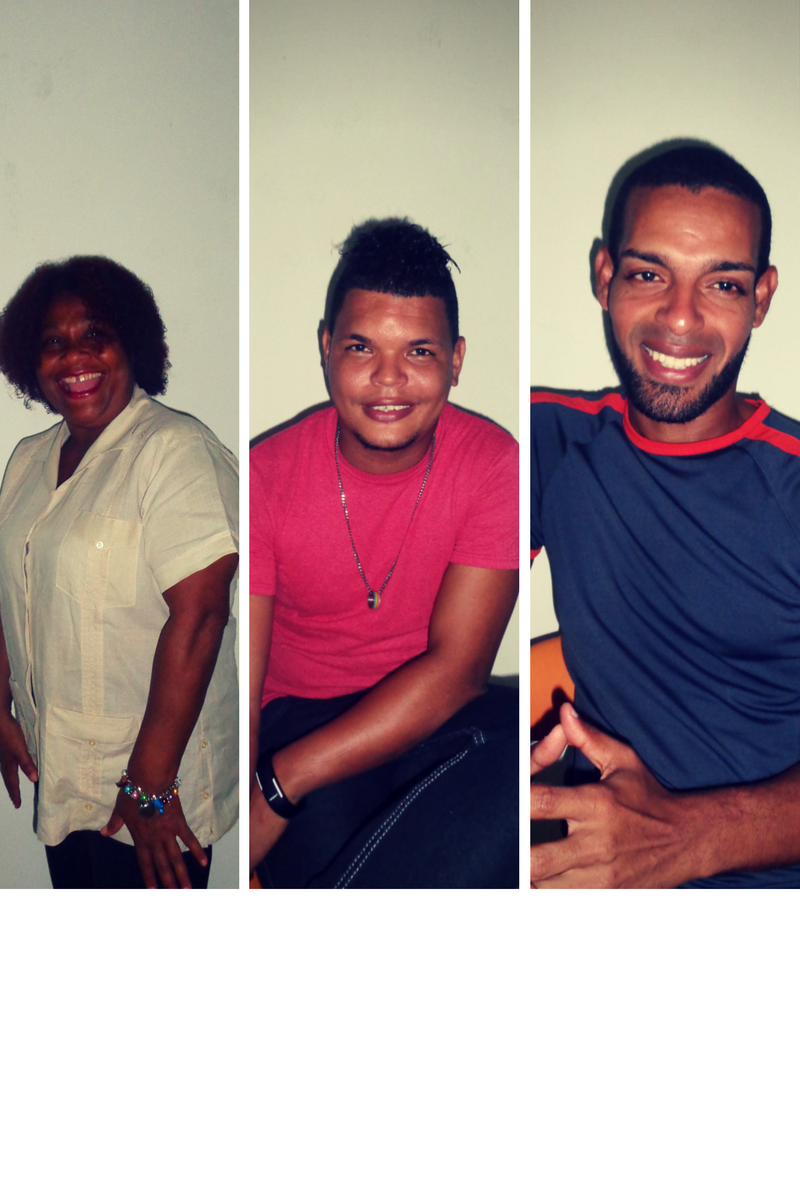LINKAGES would like to thank the clinical staff members of CEPROSH, the police chief, and the key population members in Puerto Plata who contributed to this interview.
LINKAGES has the privilege of working with many incredible community-based organizations throughout the world that offer violence-response services to key populations. Below is an interview with The Centro de Promoción y Solidaridad Humana (CEPROSH), an HIV/AIDS awareness and prevention organization based in the northern region of the Dominican Republic. CEPROSH works to improve regional capacity to deliver quality services related to HIV and gender-based violence to key populations
1. How are key populations affected by gender-based violence in Puerto Plata? What types of violence do they most experience?
Intimate partner violence, hate crimes, and stigma and discrimination are significant issues faced by transgender people and sex workers in the Dominican Republic (DR). Transgender people also face difficulty in securing employment and are often rejected because of their gender identity or sexual orientation. Transgender people who engage in sex work also experience violence at the hands of the police. Police will often handcuff them, spit on them, and pull their hair.
Stigma and discrimination against key populations are prevalent in the DR. A patient at CEPROSH relayed her experience with transphobia, which she said humiliated her and left her in a great deal of pain:
“I got in a taxi and when the driver realized that I was trans, he stopped the car, got out, opened my door, and said, ‘Get out my car you *expletive*! I don’t allow *expletive* in my car!’ In that moment, I wanted nothing more than the ground to open up and swallow me. Everyone was looking at me, and only one onlooker showed any kind of indignation at the taxi driver. I will never forget that kind of humiliation for as long as I live.”
2. What are some of the links between violence and HIV for key populations in the Dominican Republic?
The links between violence and HIV that we see through our work at CEPROSH stem mainly from:
- Social and family exclusion
- Lack of knowledge among key populations about their health and human rights
- Lack of will to seek health services
- Poor mental health
- Stigma and discrimination
3. What kind of services does CEPROSH offer to support key populations who have experienced violence?
We work with peer outreach workers and counselors at the clinic, and counsel key populations on their rights in an effort to empower them. We also have agreements with their supervisors at their jobs (for those who are able to work), which permit key populations to leave work in order to make their appointments at the clinic. For those who are not able to visit the clinic, we offer community-based HIV testing. Additionally, we take a comprehensive approach toward offering health services to key populations by offering the following:

- Crises response services
- Clinical services
- Psychosocial support
- Rapid HIV testing
- Post-exposure prophylaxis
- STI testing and treatment
- Emergency contraceptive
- Mental health services
- Legal services
- Support groups
4. What is something you learned during your time working with key populations who have experienced violence?
We learned that it is very difficult for someone to leave the circle of violence that entraps them. We have seen how violence can rob you of your identity, your profession, your family and friends, and your willpower. We also learned that through counselling and violence-response services, you can return a sense of confidence, strength, and self-worth to victims so that they can move forward.
5. What is a lesson that you’d like to share with other organizations that offer services to key populations who have experienced violence?
In order to help key populations who have experienced violence, you need to train organizational staff and health workers on key population service delivery. This includes helping staff to confront and address any negative biases they may have toward key populations, to dismantle any myths or negative stereotypes about key populations, and to deliver correct health information in a stigma-free environment.
6. How does CEPROSH work with other members of the community (police, doctors, religious leaders) to address gender-based violence toward key populations?
We sensitize community stakeholders through informal meetings and workshops with key populations to help them to understand the ways in which systemic violence is a violation of human rights for all people. We explain that often this violence comes from a fear of the unknown, or from people operating with misinformation about key populations. We work to reverse those preconceived notions and prejudices about key populations. We also form alliances among various community services that could work to protect the health and human rights of those most vulnerable.
7. How have the attitudes of CEPROSH staff and the community members mentioned above changed as a result of the LINKAGES project?
There have been many positive changes, but there is still work to do. Many of us recognize that before receiving gender sensitivity training from the LINKAGES project, we treated key populations with disrespect. Some of us growing up were even taught to hate them because they were different. Since the trainings, we have recognized the need to not treat key populations differently, but rather, treat them with the kindness, respect, and dignity they deserve.
